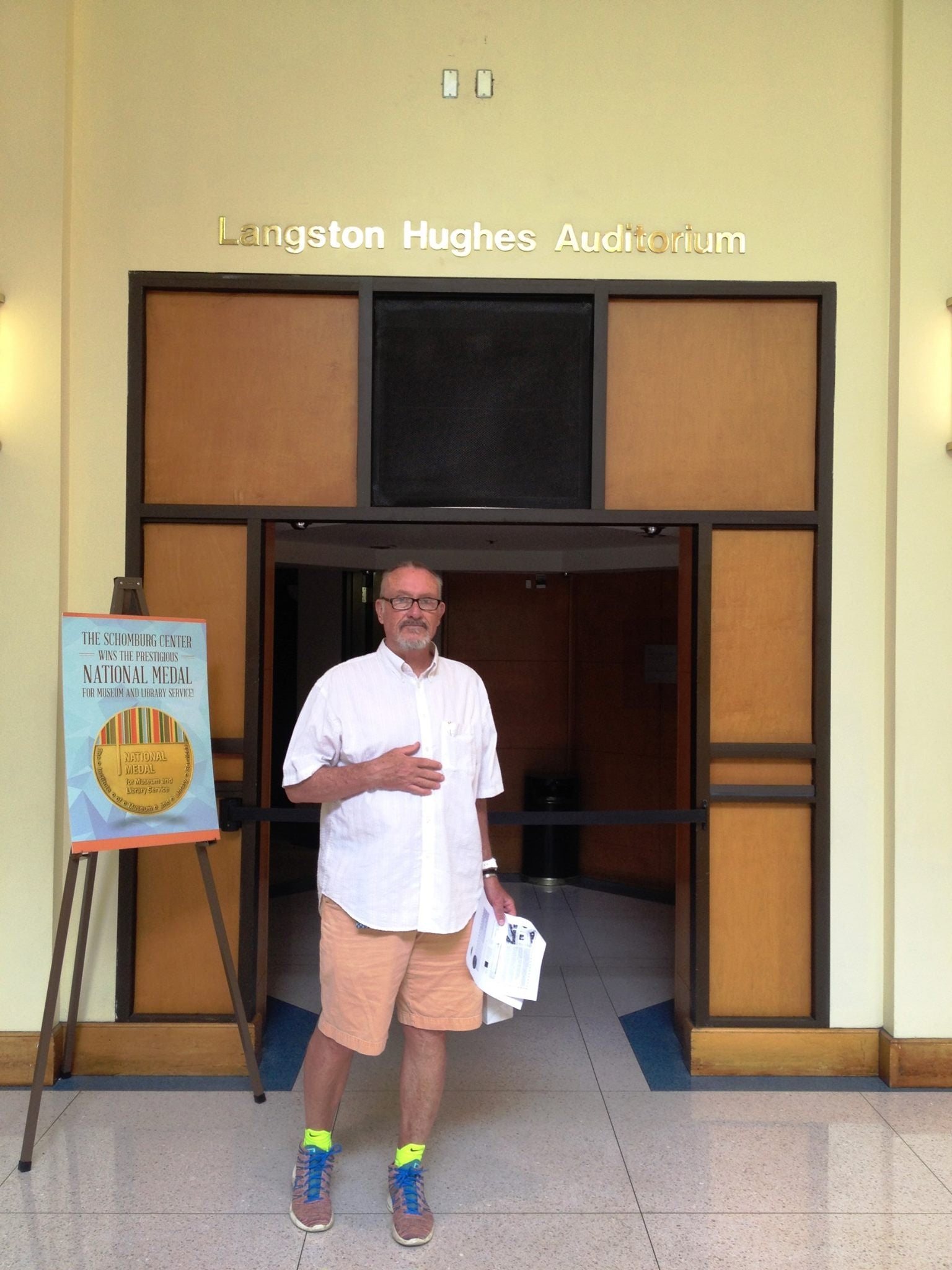Intellectual History: "Is Democracy Dying?" Atlantic magazine
Regular price
$29.99 USD
Regular price
$29.99
Sale price
$29.99 USD
Shipping calculated at checkout.
The American Crisis: Is Democracy Dying?
The American Crisis: 111 pages, 36,255 words, many visuals
“If men were angels, no government would be necessary,” “Federalist No. 51” states.
In some ways, the Constitution Center is the antipode of Facebook’s headquarters, some 3,000 miles away. The leaders of Facebook and its Silicon Valley cousins argue that instantaneous, universal communication is a boon to democracy and freedom. Constitutional scholars such as Rosen argue that the rapid diffusion of all manner of information—the false and the decontextualized, especially—can just as easily expedite the formation of mobs.
Last year, as Donald Trump (who is undeniably talented in the dark art of mob formation) launched his assault on the norms that undergird American democracy, Rosen and I fell into a discussion about James Madison, the fourth president. I asked Rosen to imagine what Madison, the main proponent among the Founders of indirect democracy, would have made of Trump, of Trumpism, and of our coarse and frenzied political age. Rosen’s eloquent answer is contained in his essay, “Madison vs. the Mob,” which is an anchor article in this special issue on democracy in peril.
“Twitter, Facebook, and other platforms have accelerated public discourse to warp speed, creating virtual versions of the mob. Inflammatory posts based on passion travel farther and faster than arguments based on reason,” Rosen writes. “We are living, in short, in a Madisonian nightmare.”

The American Crisis: 111 pages, 36,255 words, many visuals
The American Crisis: 111 pages, 36,255 words, many visuals
“If men were angels, no government would be necessary,” “Federalist No. 51” states.
In some ways, the Constitution Center is the antipode of Facebook’s headquarters, some 3,000 miles away. The leaders of Facebook and its Silicon Valley cousins argue that instantaneous, universal communication is a boon to democracy and freedom. Constitutional scholars such as Rosen argue that the rapid diffusion of all manner of information—the false and the decontextualized, especially—can just as easily expedite the formation of mobs.
Last year, as Donald Trump (who is undeniably talented in the dark art of mob formation) launched his assault on the norms that undergird American democracy, Rosen and I fell into a discussion about James Madison, the fourth president. I asked Rosen to imagine what Madison, the main proponent among the Founders of indirect democracy, would have made of Trump, of Trumpism, and of our coarse and frenzied political age. Rosen’s eloquent answer is contained in his essay, “Madison vs. the Mob,” which is an anchor article in this special issue on democracy in peril.
“Twitter, Facebook, and other platforms have accelerated public discourse to warp speed, creating virtual versions of the mob. Inflammatory posts based on passion travel farther and faster than arguments based on reason,” Rosen writes. “We are living, in short, in a Madisonian nightmare.”

The American Crisis: 111 pages, 36,255 words, many visuals
Share
Mr. Brovsky's Vault
To thine own self. be true.

Mr. Brovsky's Vault is filled with Secondary (10-12) Lesson plans for year-long and semester classes in the Humanities.


